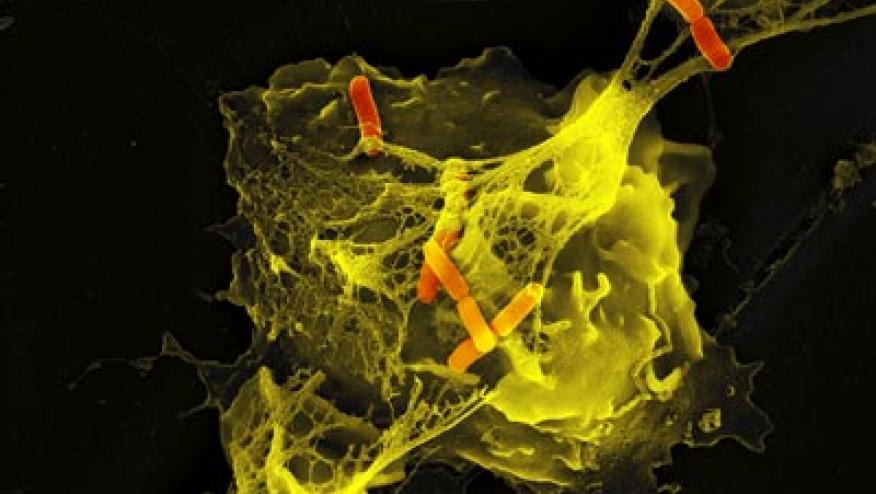Metformin May Improve Netosis Driven Lupus Activity Save

Neutrophil extracellular traps (NETs) are first line defense tools used to trap microbial pathogens. These dense networks of extracellular fibers, composed of DNA from neutrophils may also be important in the pathogenesis of systemic lupus erythematosus (SLE) as they are potent activators of plasmacytoid dendritic cells (pDCs) and type I interferon (IFN) release.
Wang and coworkers studied NETs from PMA stimulated neutrophils in lupus, RA and control patients. They showed that mitochonrial DNA (mtDNA) in NETs and anti-mtDNA Abs was elevated in SLE patients compared with controls and significantly correlated with IFN scores and disease activity. Moreover, they found mitochonrial DNA in NETs found in renal biopsies of patients with lupus nephritis and that these same NETs were important inducers of plasmacytoid dendritic cell production of IFN-α.
They also examined the effects of metformin, in vitro and in a clinical trial, on down-regulating NET activity and lupus outcomes. Metformin decreased PMA-induced NET formation and pDCs IFN-ɑ generation. They also did a controlled trial of metformin or placebo in a 113 patient pilot study of metformin in patients with mild/moderate SLE patients, and showed that adjunctive metformin decreased clinical flare-up, prednisone exposure and body weight.
These data suggest therapies targeting NET activity may be beneficial in lupus.










If you are a health practitioner, you may Login/Register to comment.
Due to the nature of these comment forums, only health practitioners are allowed to comment at this time.